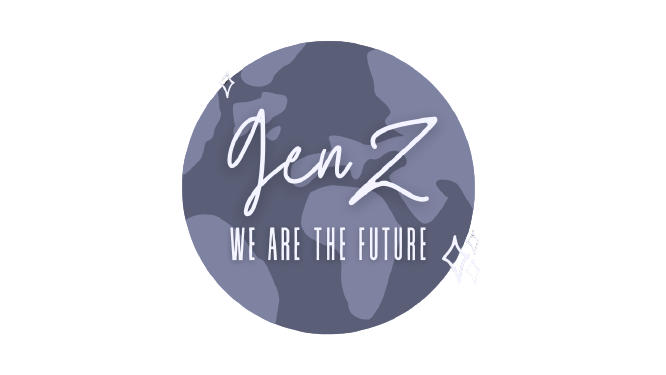Cruelty-Free Brands
What does cruelty-free mean? Cruelty-free is a label used for products or activities that do not harm or kill animals anywhere in the world. In other words, products that are not experimented on or made from animals. Those tests are painful and often cause the suffering and death of millions of animals every year. While most companies are already on board with alternatives to animal cruelty, there are still some that still pay to poison and kill. For instance, L’Oreal doesn’t test on animals in the United States but pays for deadly testing in China, making it not cruelty-free.
There is a long list of cosmetics brands that still test on animals, including L’Oreal Estee Lauder, Procter & Gamble, Clorox, Johnson & Johnson, S.C. Johnson, Colgate-Palmolive, Reckitt Benckiser, Church & Dwight, Unilever, and Henkel. Unfortunately, these firms control an overwhelming majority of the labels found in most department shops and drugstores, and they are making no significant attempts to reform their unethical practices. However, there are some exceptions like Colgate-Palmolive, which has decided to gradually change its policy. PETA currently lists Colgate-Palmolive as “working toward regulatory changes to reduce the number of animals used for testing”. However, this does not mean that the business is or will be cruelty-free in the near future. It is just a small step in the right direction, and at the moment, the company still tests on animals. There are still many alternatives to the brands listed above like Too Faced Cosmetics, Tarte Cosmetics, NYX Cosmetics, ColourPop Cosmetics, Wet n Wild, Pacifica Cosmetics, and more.
Another way the industry harms and abuses animals are through fur farms. Animals in fur farms spend their entire lives confined to cramped, filthy wire cages. Fur farmers use the cheapest and cruelest killing methods available, including suffocation, electrocution, gassing, and poisoning. Some fashion brands that still use real animal fur/skin are Alexander Wang, Balenciaga, Dior, Hermes, Fendi, Louis Vuitton, Roberto Cavalli, Valentino, and Yves Saint Laurent. Because the information is not widespread, here are a few alternative, cruelty-free fashion brands: Georgio Armani, Bershka, Reformation, Calvin Klein, Ralph Lauren, Tommy Hilfiger, Versace, Lacoste, Gucci, Michael Kors, and Jimmy Choo.
There are many ways you can support the notion of cruelty-free, including by boycotting brands that aren’t, writing letters to unethical companies, and buying cruelty-free alternatives. Not only are they more ethical, but they also tend to be cheaper. You can even raise awareness of this issue by educating others and yourself about it. You can do that by reading accurate articles and books about the topic and attending protests.
Bibliography
“Companies That Test On Animals (2021 Update): Cruelty-Free Kitty.” Cruelty, 28 Jan. 2021, www.crueltyfreekitty.com/companies-that-test-on-animals/.
“Cruelty-Free.” Wikipedia, Wikimedia Foundation, 28 Mar. 2021, en.wikipedia.org/wiki/Cruelty-free.
“Fashion Designers Still Using Real Animal Fur.” Humane Decisions, 3 Mar. 2021, www.humanedecisions.com/fashion-designers-still-using-real-animal-fur/.
“Saks Fifth Avenue and Other Brands That Banned Fur.” PETA, 7 Apr. 2021, www.peta.org/features/fur-free-companies-brands-that-banned-fur/.
“These Beauty Brands Are Still Tested on Animals.” PETA, 25 Jan. 2021, www.peta.org/living/personal-care-fashion/beauty-brands-that-you-thought-were-cruelty-free-but-arent/.


